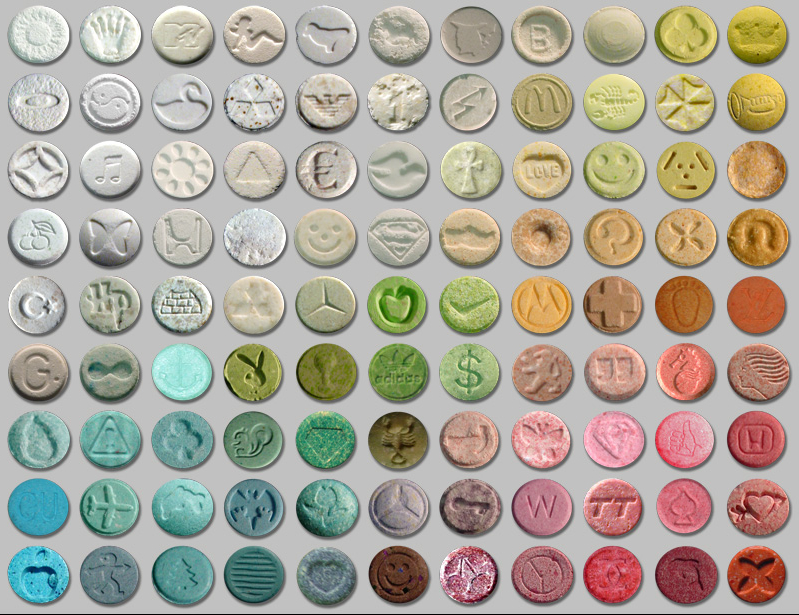Stripping Addicts of Benefits – Coercion, Consent, and the Right to Benefits
The UK government has announced plans to review the possibility of stripping drug addicts, alcoholics and obese individuals of benefits if they refuse treatment for their conditions. In support of the review, a consultation paper claims that the review is intended to “. . . consider how best to support those suffering from long-term yet treatable conditions back into work or to remain in work.”
One concern that has been raised against the plans is that stripping these individuals of their benefits is unlikely to be effective in getting them to seek treatment, with the Mirror reporting one campaigner as suggesting that “(this strategy) didn’t work in the Victorian times, (and) it’s not going to work now”.
In this post, I shall consider a challenge to the lawfulness of the proposals that is based on the claim that they would coerce individuals into accepting treatment. This is in fact a challenge that Sarah Woolaston, chair of the Health Select Committee has herself raised.
Read More »Stripping Addicts of Benefits – Coercion, Consent, and the Right to Benefits



